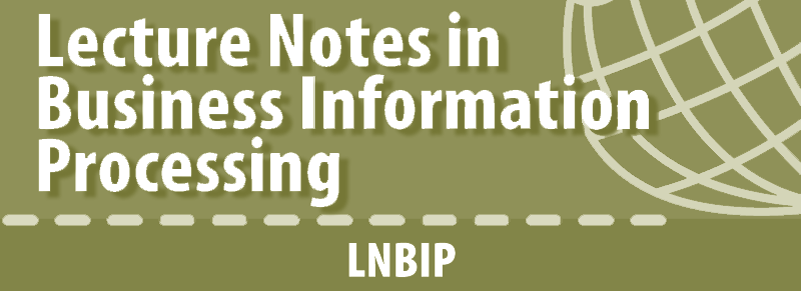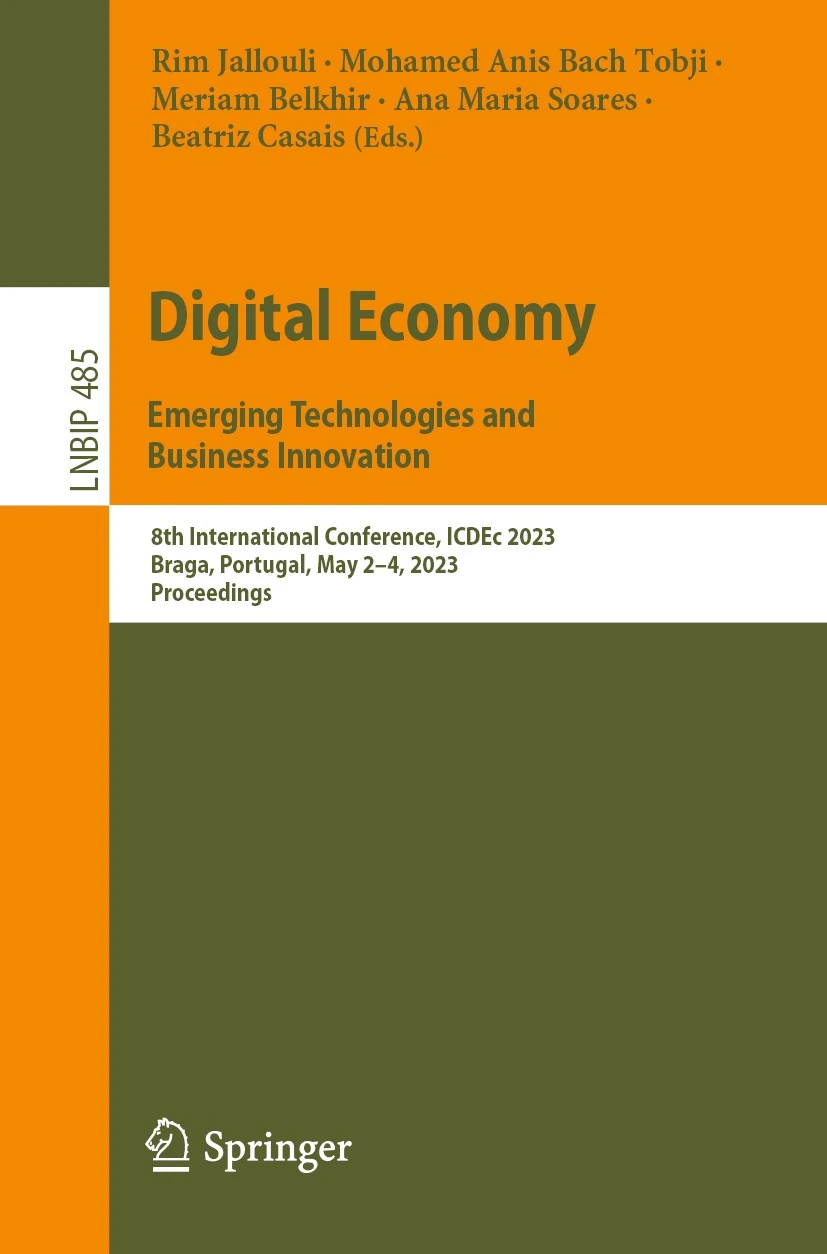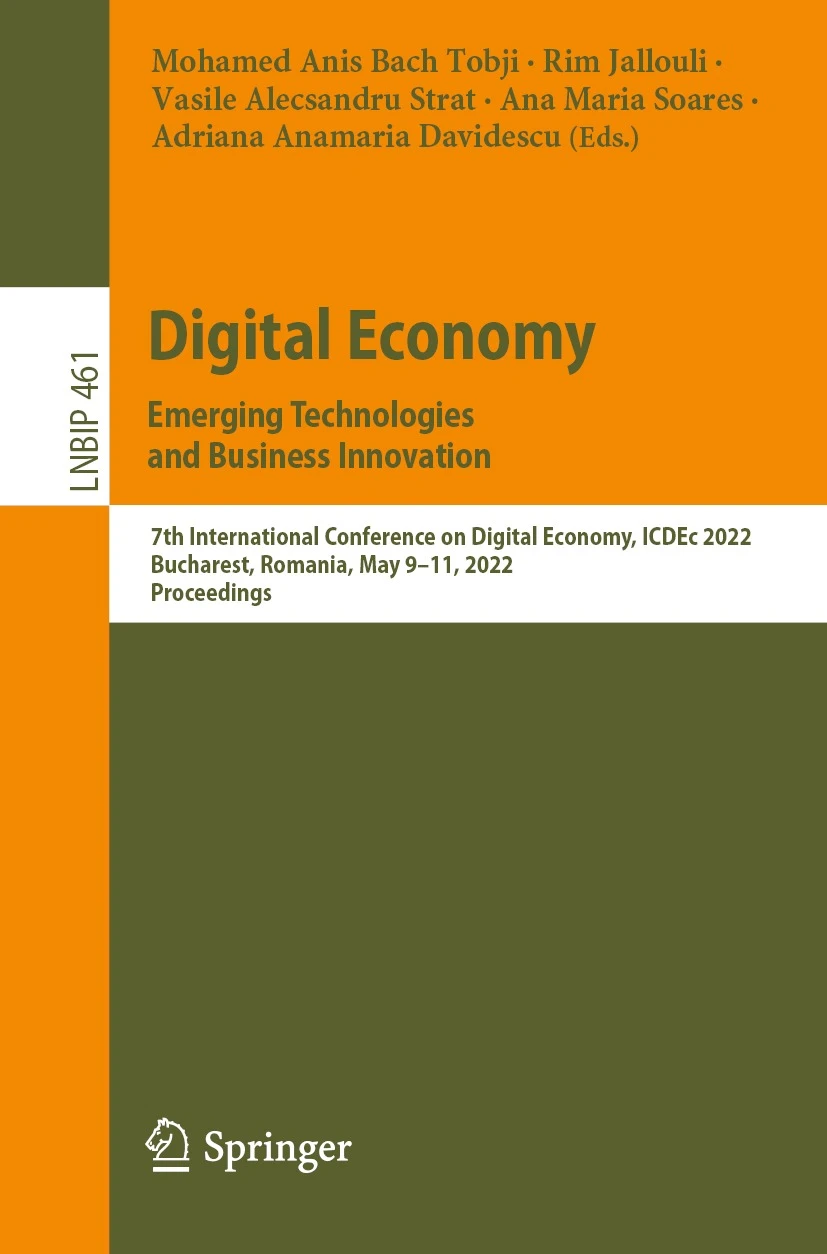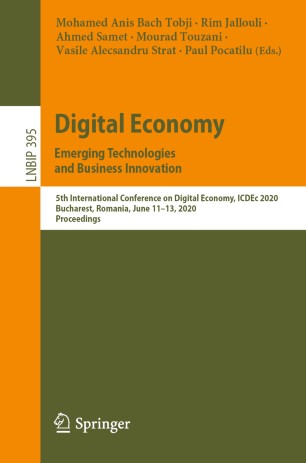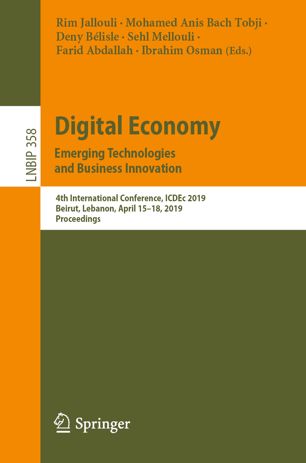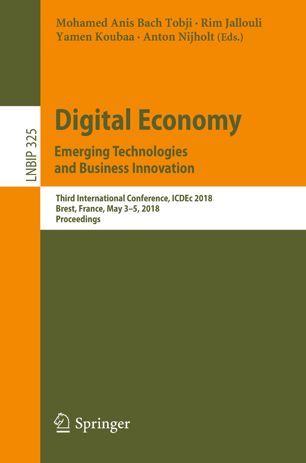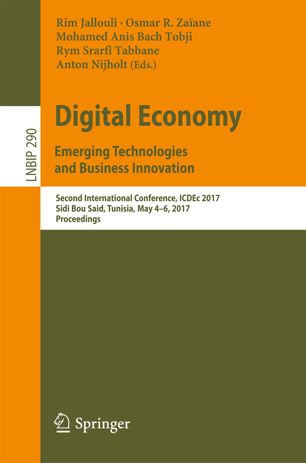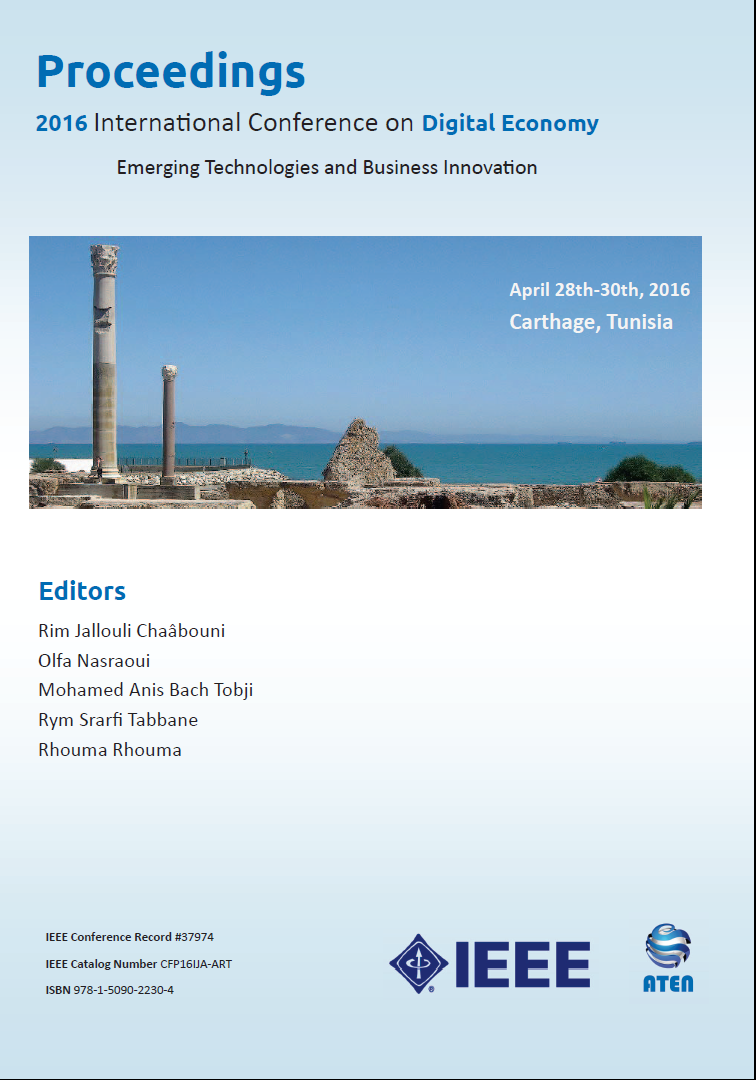




About us
The 11th International Conference on Digital Economy (ICDEc) will be held in Tallinn, Estonia from May 14th to 16th, 2026.
The ICDEc conference is an opportunity to bring together researchers and experts in emerging technologies from both public and private sectors to discuss issues related to the development, implementation, use and management of emerging technologies and the move to digital economy. The conference is an occasion to link researchers from computer science, business computing and information system areas to business fields such as marketing, finance, human resources, management etc. It is an opportunity to explore ideas, exchange thoughts and implement research projects between this diversity of fields with a focus on application contexts like e-commerce, e-business, e-heath, e-learning, etc.
All accepted and presented contributions will be submitted for inclusion in a Springer LNBIP series.
Selected papers may be considered for publication in special or regular issues of partner journals.


